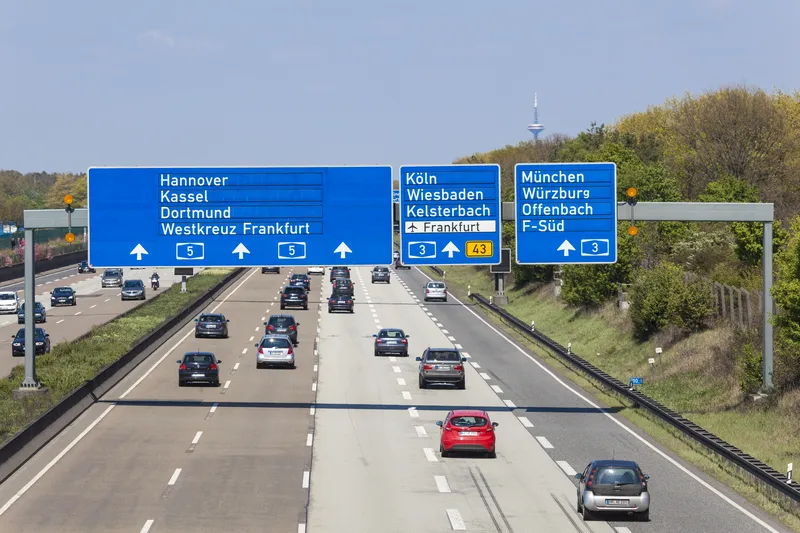
Kapsch TrafficCom is to use cooperative ITS (C-ITS) to improve safety in workzones on German motorways.
Kapsch says the €7m deal with Autobahn, which runs the country's highway network, has potential to grow to €36m.
Mobile barrier boards indicating temporary work sites will be equipped with ITS roadside units (RSUs), which send warning messages directly to approaching vehicles.
Kapsch will supply around 1,200 RSUs as well as the cloud-based CMCC (connected mobility control centre) software that controls the IRS and can act as an interface to other traffic management systems.
The company will install the hardware with a local partner, and is responsible for the operation and maintenance of all system elements for 12 years with Autobahn.
Carolin Treichl, executive vice president EMENA at Kapsch TrafficCom, says: "Construction sites are zones with a higher risk of accidents than other road areas - and because people work on the road here, safety is particularly important."
Quick messaging can inform drivers directly about road works and thus help to improve safety.
"We have global experience with the implementation and operation of such projects to ensure the long-term availability and stability of the systems," says Marko Frank, sales manager Germany at Kapsch TrafficCom.
"The technology, which can also be used for urban applications, is future-proof - so further use cases can be covered with the existing hardware and software,"
While workzones are one use case, C-ITS technology can also be used to transmit warnings of traffic jams, emergency vehicles or bad weather on the highway, and to make intersections safer for all road users.










